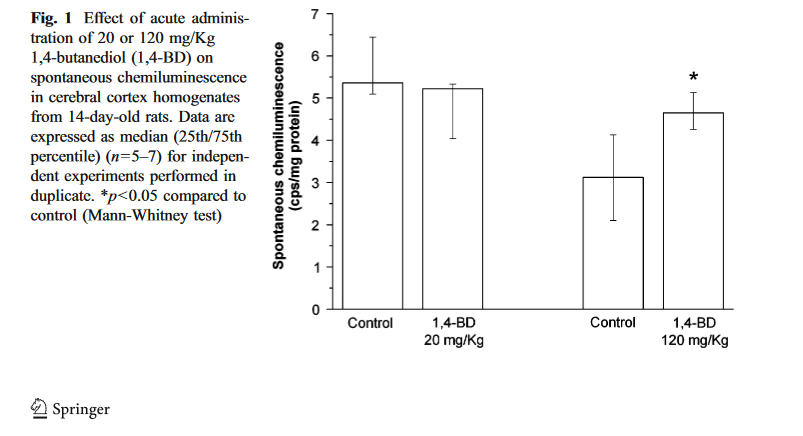lostie2342
Greenlighter
- Joined
- Oct 22, 2017
- Messages
- 9
I have ideopathic hypersomnia and recently started taking Xyrem. I'm trying to do everything I can to mitigate side effects and prevent neurotoxicity. I'd be grateful for insights and feedback. This is my current stack, with '?' on uncertainties:
Hour or two before Xyrem:
Theanine (?)
Magnesium threonate
Zinc picolinate
When I wake up:
huperzine a
blueberry extract
bacopa
pqq (?)
A little later:
DLPA (? For dopamine restoration)
Ester-C (cofactor)
Basic B complex (cofactor)
During day:
Krill oil (twice)
Milk thistle/liver support
Vitamin D/K2
Multivitamin
Magnesium malate
Probiotic pearls
Grape seed extract
Diet is mostly paleo and includes many natural antioxidants, veggies, and meats.
This may seem like a lot but it doesn't seem to be getting the job done. I had to stop taking adderall a few days into it because of a clear overburden on depleted neurons which would cause a scary headache and heat phenomenon for a few hours each day. Even so after dropping adderall, I can still overheat during the day and am experiencing other side effects (which I also have when I don't take the above). Obviously I can't necessarily 'feel' neurotoxicity but I don't seem to be effectively dealing with the excess glutamate release or changing much at all.
I'm considering adding ginkgo, gastrodin and/or memantine post-Xyrem. Is this a sound approach, regarding memantine? It's known to be highly effective with amphetamine and GHB/GHL tolerance and neurotoxicity. I wouldn't be taking it with it, but after. Low dose 5mg to start.
On another note, I'm happy to be off adderall because I had been experiencing gradual signs of amphetamine toxicity; my reaction to adderall while on xyrem would seem to confirm it further (they are supposed to be synergistic, so something is clearly not right with my dopaminergic system. I suspect it was NMDA overstimulation).
Thanks for reading and I appreciate any thoughts or feedback on my situation (the Xyrem pharmacy is clueless).
Hour or two before Xyrem:
Theanine (?)
Magnesium threonate
Zinc picolinate
When I wake up:
huperzine a
blueberry extract
bacopa
pqq (?)
A little later:
DLPA (? For dopamine restoration)
Ester-C (cofactor)
Basic B complex (cofactor)
During day:
Krill oil (twice)
Milk thistle/liver support
Vitamin D/K2
Multivitamin
Magnesium malate
Probiotic pearls
Grape seed extract
Diet is mostly paleo and includes many natural antioxidants, veggies, and meats.
This may seem like a lot but it doesn't seem to be getting the job done. I had to stop taking adderall a few days into it because of a clear overburden on depleted neurons which would cause a scary headache and heat phenomenon for a few hours each day. Even so after dropping adderall, I can still overheat during the day and am experiencing other side effects (which I also have when I don't take the above). Obviously I can't necessarily 'feel' neurotoxicity but I don't seem to be effectively dealing with the excess glutamate release or changing much at all.
I'm considering adding ginkgo, gastrodin and/or memantine post-Xyrem. Is this a sound approach, regarding memantine? It's known to be highly effective with amphetamine and GHB/GHL tolerance and neurotoxicity. I wouldn't be taking it with it, but after. Low dose 5mg to start.
On another note, I'm happy to be off adderall because I had been experiencing gradual signs of amphetamine toxicity; my reaction to adderall while on xyrem would seem to confirm it further (they are supposed to be synergistic, so something is clearly not right with my dopaminergic system. I suspect it was NMDA overstimulation).
Thanks for reading and I appreciate any thoughts or feedback on my situation (the Xyrem pharmacy is clueless).




